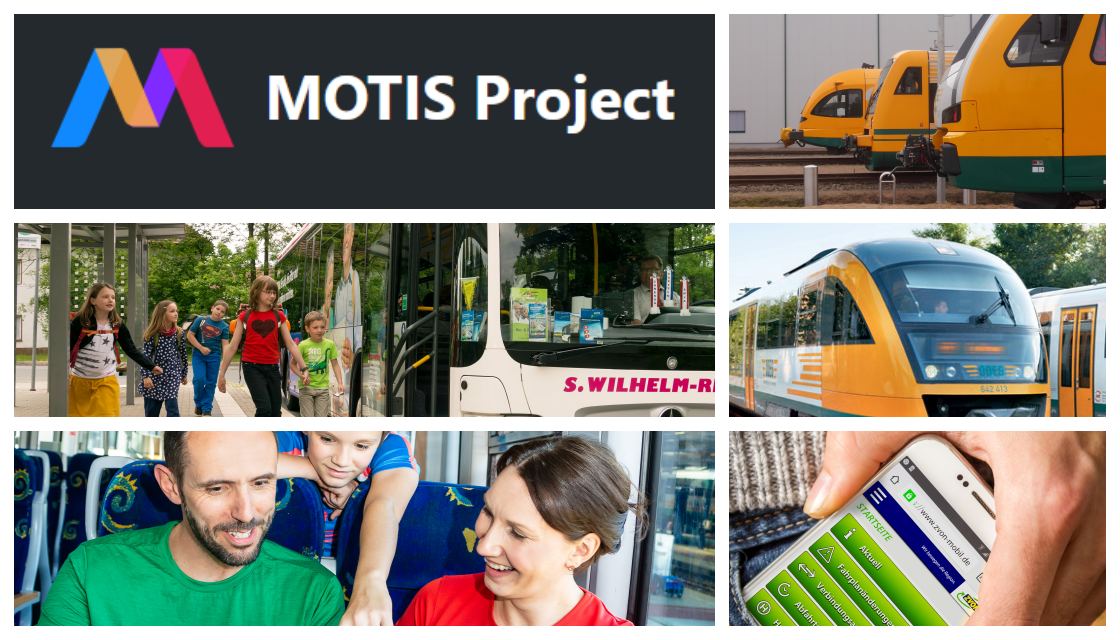structural development
What does data have to do with the creation of mobility offers?
- structural development
- Hits: 1913

A report by Heike Schleussner, mobility expert and project manager in the structural change team at ENO
What does data have to do with the creation of mobility offers?
Everything! For a few months we have devoted ourselves to the question of how we can achieve the greatest possible benefit for the customer through a smart combination of private travel offers from citizen commitment, but also possible travel services from, for example, trade or social services together with public transport in rural areas.
After long, sometimes tough discussions, we got an innovative project up and running with a great consortium of science, large companies and, of course, local contractors and contractors!
Under the direction of the ZVON , a mobility and control platform for autonomous and needs-based journeys is to be created. A platform from the customer for the customer. We have now placed this idea with the federal government via an application for funding for the mFund . Since the program is strongly aimed at open data and data innovation, our ideas fit perfectly here: according to the so-called "crowdsourcing approach", i.e. the association of a large number of potential providers, a technical and legal solution is to be created, such as trips made according to needs can be taken and offered. Of course, the whole thing has to be technically collected on a digital platform. This includes not only the control center of our practice partner GVB , i.e. the vehicle control body, but also the information and booking platform of the ZVON, which is to be supplemented with these new features.
If we get a chance here with the funding program, the development will be flanked by intensive citizen and provider participation. This should reflect one's own mobility behavior, but also activate offers organized by citizens and the private sector. The project would thus make a significant contribution to the mobility and energy turnaround in suburban and rural areas, because conventional solutions for improving public transport services do not work well in rural areas. Therefore, private commitment is also required here, which is also significantly higher in the surrounding areas than in the cities and can thus be used as a plus point for the region.
The MOTIS is being expanded at the TU Darmstadt so that the expanded transport options are taken into account. The technical solution for the implementation of these problems is being built with the TU Darmstadt and the company INIT At the same time, the company Expleo (Görlitz) ensures that everything related to data use and data protection is legally regulated. Together with the TU Dresden , a future strategy will then be developed, where and when the introduction of on-demand transport represents a sensible transport solution in rural areas in the long term and how the collection and use of data can be used to improve offers and effectively control the flow of traffic ( TUD VPA) .
The whole project should also be tried and tested on the street within the funding period of 3 years, so that the requirements and needs of the citizens can be directly incorporated into the development!
I'm excited! And it would be a big step towards digitization for the district of Görlitz. But also in structural change, since needs-based transport and accessibility are central components of an attractive region.
Best regards!
Your Heike
Photo rights: Holger Hinz for ZVON
Thank you for rating this post.
